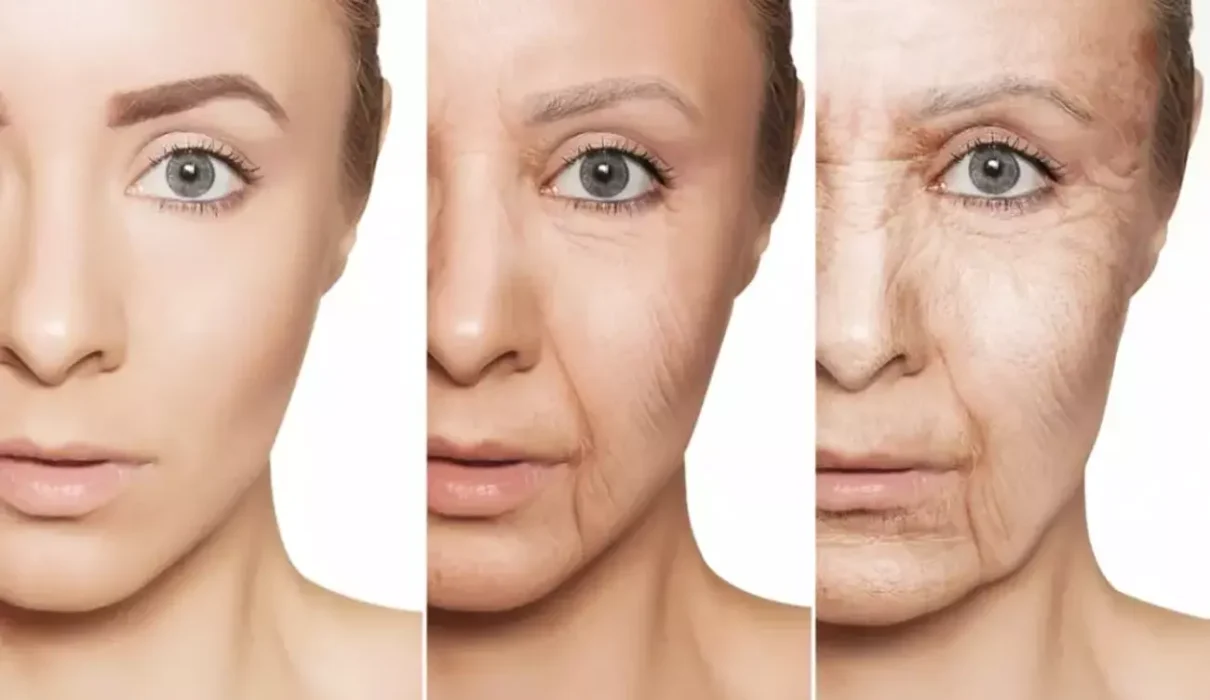Yes, retinol is considered an effective anti-aging ingredient. Retinol is a form of vitamin A that has been extensively studied and proven to have multiple benefits for the skin, particularly in reducing the signs of aging. Here’s how retinol functions as an anti-aging agent:
Stimulates collagen production: Retinol promotes the production of collagen, a protein that provides structure and elasticity to the skin. Collagen production naturally declines with age, contributing to the formation of wrinkles and sagging skin. By stimulating collagen synthesis, retinol can help improve skin firmness and reduce the appearance of fine lines and wrinkles.
Increases cell turnover: Retinol accelerates the rate at which skin cells are shed and replaced with new cells. This process, known as cell turnover, helps to even out skin tone, fade age spots, and promote a smoother, more radiant complexion. It can also help with issues like acne and clogged pores.
Improves skin texture and smoothness: Regular use of retinol can help refine the skin’s texture, making it smoother and more even. It can minimize the appearance of roughness, large pores, and acne scars, resulting in a more youthful and refined skin surface.
Enhances skin hydration: Retinol can improve the skin’s ability to retain moisture, leading to enhanced hydration levels. This can help reduce dryness, flakiness, and the appearance of fine lines caused by dehydration, giving the skin a plumper and healthier look.
Combats photoaging: Retinol has been shown to reverse some of the damage caused by exposure to the sun’s ultraviolet (UV) rays, such as fine lines, discoloration, and uneven skin tone. It can help repair sun-damaged skin and protect it from further harm, although it’s still essential to use sunscreen alongside retinol.
It’s important to note that retinol can be potent and may cause skin sensitivity, redness, or peeling, especially when first starting to use it. It’s recommended to start with a low concentration and gradually increase as tolerated. It’s also advisable to use retinol products at night and follow up with sunscreen during the day, as retinol can make the skin more susceptible to sun damage.
Consulting with a dermatologist or skincare professional can provide personalized advice on incorporating retinol into your skincare routine and determining the appropriate concentration and frequency for your specific needs.


